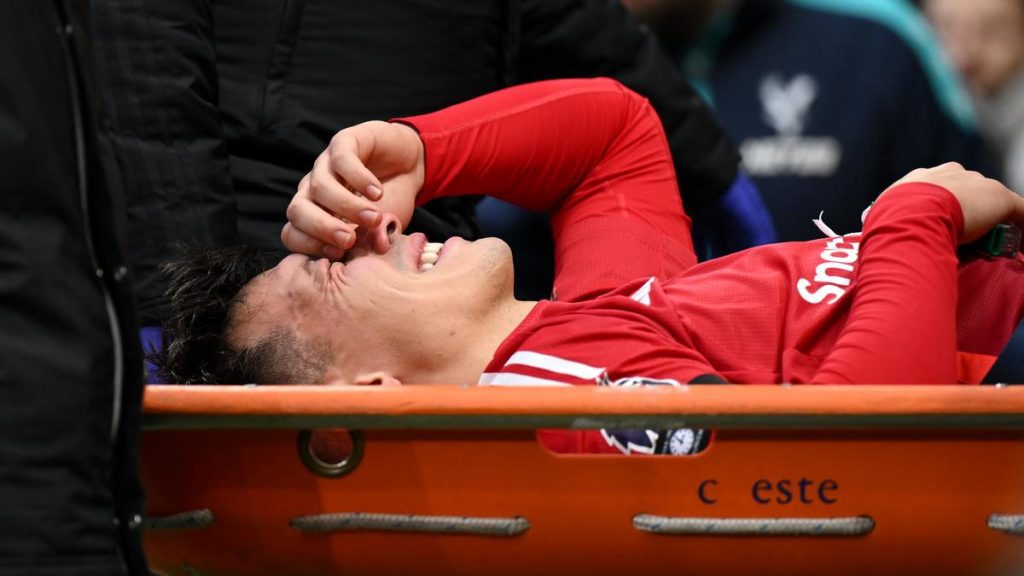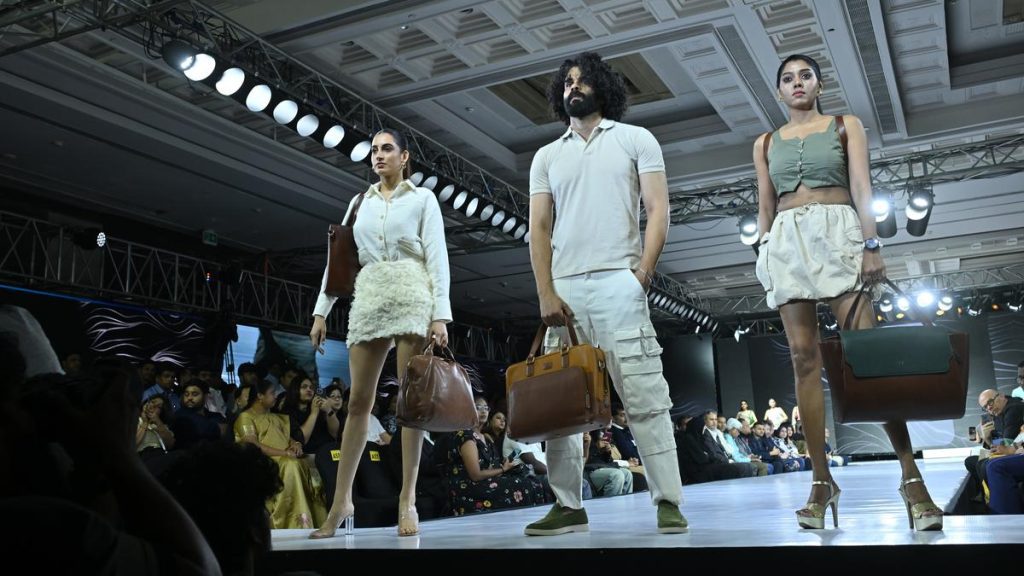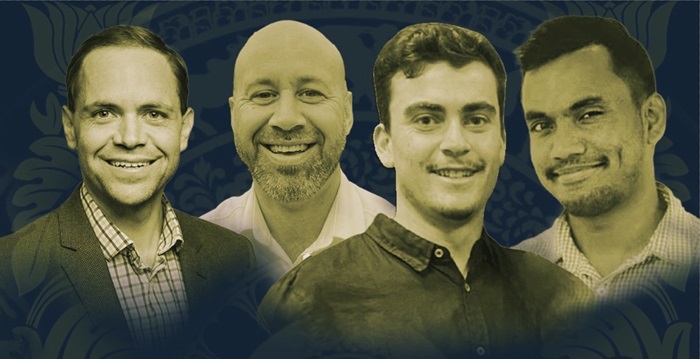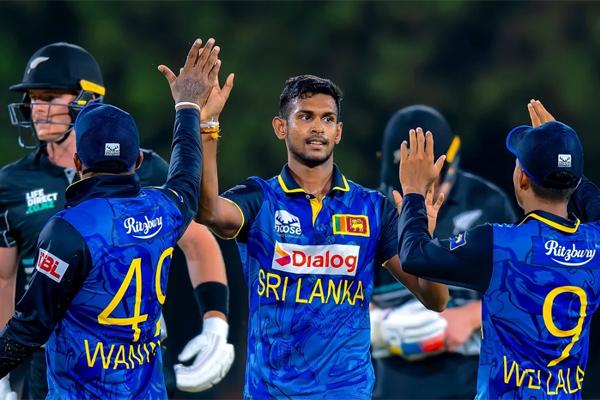How sportswashing took over football
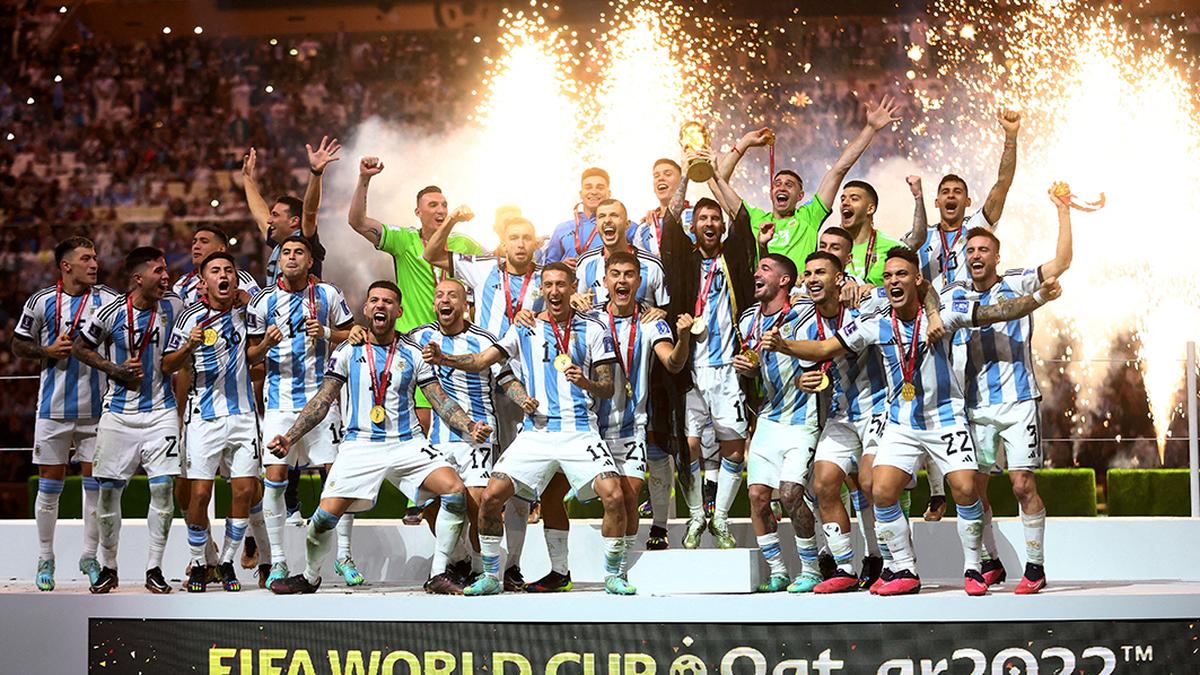

How sportswashing took over football
Time was when sport was seen as soft power, like movies and cultural exchange programmes. Not anymore. As Miguel Delaney tells us in States of Play, the most significant recent book on sports (or indeed politics) football is hard power. Its world is ruled by kings, Presidents and Prime Ministers.
It is an extraordinary story taking in the power shift from Europe to the Middle East from men in suits and varying accents to men in traditional Arab dress. It takes us from the time when sporting dictators, with their greed and ego paved the way to political dictators who use the sport for their ends. The subtitle of the book says it well: How Sportswashing Took Over Football.
If the past was about rich men making themselves powerful, and powerful men making themselves rich, the future stated baldly is the Saudi goal “to buy football itself.” How did Qatar get the 2022 World Cup, or Saudi Arabia the 2034 edition?The Qatar World Cup was “held for the planet’s wealthiest people and made possible by the poorest”. The right wasn’t won with petty bribes, but with trade agreements, arms deals and high politics.
The story of modern football, Delaney tells us, is how it has been distorted by three forces: geopolitics, western hyper-capitalism, and a willing facilitation by the game’s authorities. “It sucks up money from everywhere and redistributes it as narrowly as possible.” The transfer market has been likened to the coffee industry, where wealthy countries earn from processing the raw material (the talent) rather than actually producing it. Businessmen from the U.S., for example, own some 60 clubs in Europe.
In 2008, Manchester City became the first state-owned club when Abu Dhabi (technically, the Abu Dhabi United Group) bought it. When Argentina won the 2022 World Cup, Lionel Messi, from Paris Saint-Germain, now owned by Qatar, had a bishtdraped on his shoulders by the Emir. The symbolism was inescapable.
Money has skewed the market. It has taken the unpredictability out of results since only a handful of clubs have the resources to win major tournaments.
Messi was paid a 32 million-dollar signing fee by Barcelona and another 32 million annually. It meant that he had priced himself out of the market. Only state-owned teams could even afford him. When AC Milan paid a record 15 million dollars for Gianluigi Lentini, Pope John Paul II had called it “an offence against the dignity of work.” That was in 1992. What would he have said about Neymar’s three-year 320-million-dollar deal?
There is too the blurring of the personality with the role — Sepp Blatter, FIFA president, said he was essentially a head of state and hoped to win the Nobel Peace Prize — an ambition current president Gianni Infantino shares. No player can match that level of ego.
All this, and we haven’t even touched upon the corruption. Delaney doesn’t miss anything, not even the rile among Messi-Neymar-Mbappe at PSG. ‘Sportswashing’ is properly defined, as is football, once regarded as the simplest of games.



